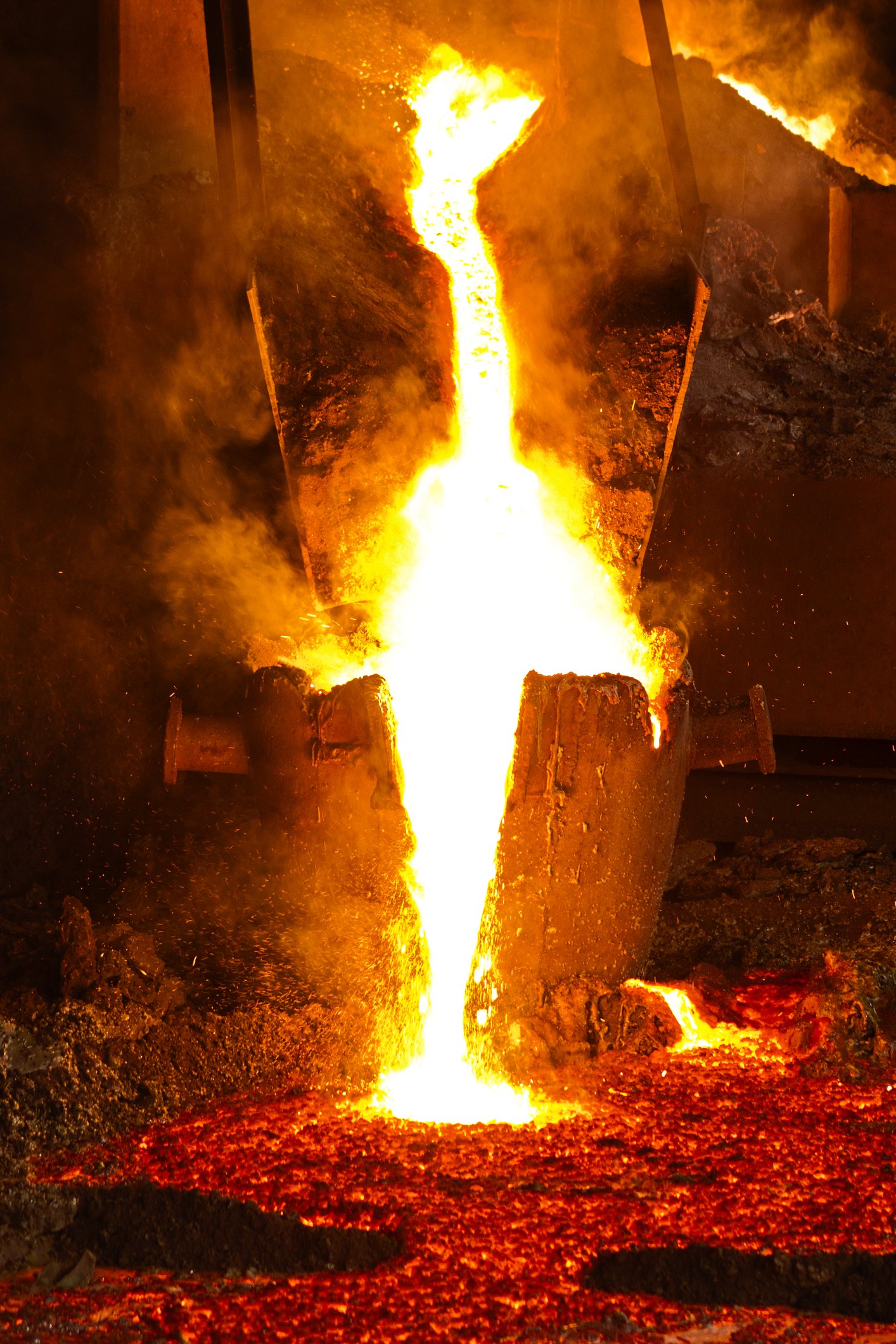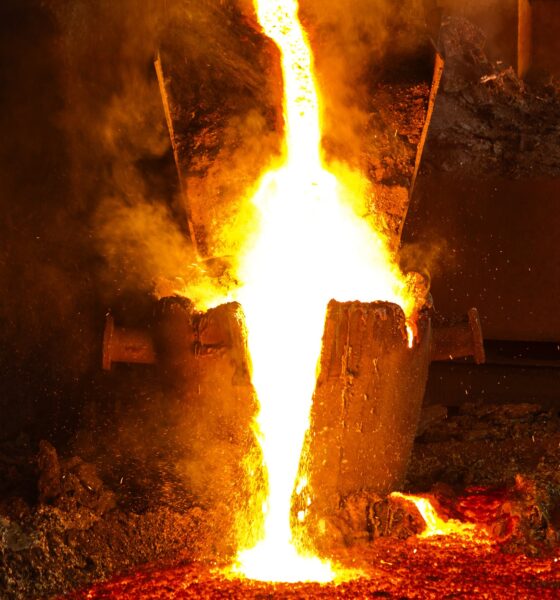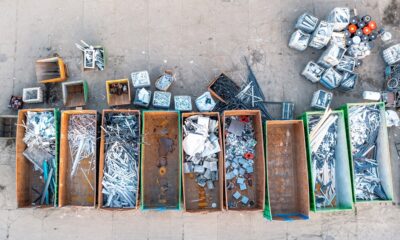

Environment
How Precious Metal Refining Can Help the Environment
We have talked extensively about the importance of recycling. However, we don’t always think about what actually happens to materials after they are brought to the recycling plant. When you are recycling metals, they have to be refined.
What is the refinery process like? How does it affect the planet?
What Is Precious Metal Refining?
Precious metal refining is a process that helps to clean up and recycle metals that are considered valuable. This can include things like gold, silver, platinum, and palladium. By recycling these metals, we can help reduce the amount of pollution that is created by mining and manufacturing new products. In this blog post, we will discuss the benefits of precious metal refining and how it can help to preserve our environment. You can also read this post from MIT for more insights.
Precious metal refining is the process of extracting metals from ore and waste materials. This can be done using various methods, such as hydrometallurgy, pyrometallurgy, or electrowinning. The resulting metal is often purer than the original ore, making it valuable for use in a wide range of applications.
Precious metal refining is an essential process for many industries, including jewelry and electronics manufacturing, and it plays a vital role in ensuring the quality of these products. For example, impurities in gold can cause problems with electrical conductivity, while impurities in silver can cause tarnishing.
By removing these impurities, precious metal refining helps to ensure that these products meet the highest standards. Precious metal refining is a complex and specialized process, and it is important to work with a reputable and experienced provider.
What Are the Benefits of Precious Metal Refining?
Precious metal refining is an important process because it helps to improve the quality of products, recycle valuable resources, and preserve our environment. One benefit of refining precious metals is that it allows for the removal of impurities.
When metals are refined, impurities such as copper, zinc, and lead are removed, leaving behind pure gold or silver. This process results in a higher quality product that is more valuable. In addition, refining precious metals can also help to improve the appearance of the metal. By removing impurities, the metal will have a brighter, more lustrous appearance.
Refining precious metals can also be done to recycle them. For example, when a smartphone is thrown away, its gold, silver, platinum, and palladium can be extracted and reused. Rather than letting these metals sit in a landfill, recycling them through refining helps to preserve our environment.
The Process of Precious Metal Refining
Due to the value behind metal refining, companies like Reldan are recovering these metals sustainably to put them back into the economy. The process of refining these metals begins with a team that is experienced in extraction. The first step in this process is to remove the metals from their ores or their previous applications. This is done through a process of crushing and smelting the ore.
Once the metals have been extracted, they are then purified through a process of electrolysis. Electrolysis works by passing an electric current through a solution that contains the metal. This process helps to remove impurities from the metal, resulting in a purer product.
After the metals have been purified, they are then cast into ingots or bars. These ingots and bars can be used in a variety of applications, or they may be alloyed with other metals to create a variety of different products.
Endnote
Precious metal refining is an important process that has a wide range of benefits. It helps to improve the quality of products, recycle valuable resources, and preserve our environment.
































